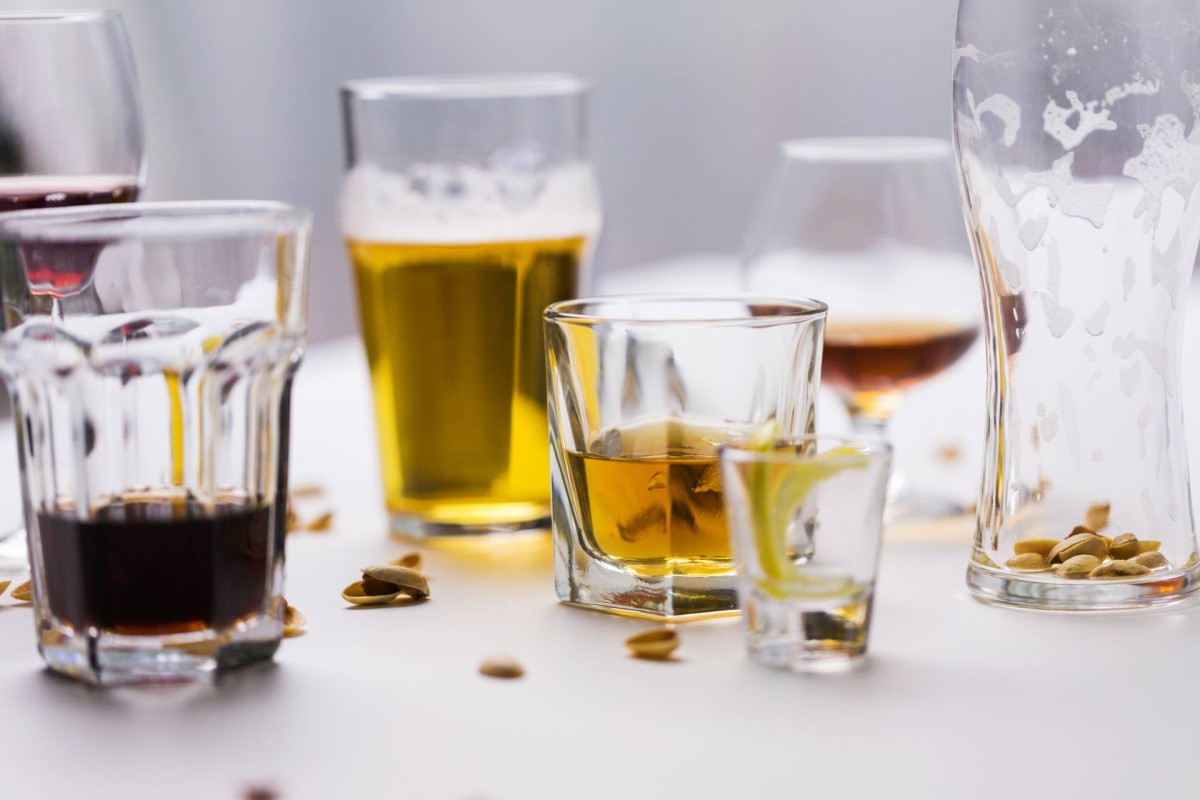“Alcohol Consumption in NZ’s Older Population”
It’s no secret that New Zealanders enjoy a drink or two. In fact, data from Action Point shows that in 2022/23, approximately four in five New Zealand adults (76.3%) consumed alcohol in the past year. While binge drinking is most common among young adults, hazardous drinking habits are still common among older age groups, particularly among men.
“How Ageing Changes Alcohol’s Impact”
As we age, the effects of alcohol become more pronounced. Older adults who drink the same amount as younger individuals experience higher blood alcohol concentrations due to changes in body composition. This means it takes longer for the alcohol’s effects to wear off, leaving a more significant impact on health and well-being. For many older adults, alcohol has become intertwined with routine, relaxation, or social connections. However, as people age, it can be harder to recognise when this routine becomes risky.
“Prevalence of Drinking”
Alcohol consumption among older adults is common, with studies showing that around 80% of older adults in New Zealand are drinkers. According to the Massey University of Health, Work, and Retirement Longitudinal Study, 83% of older New Zealanders aged 50 and above reported being current drinkers. However, a large portion of them are classified as “hazardous drinkers,” meaning their alcohol intake is detrimental to their health.
“Cultural Attitudes”
The cultural attitude towards alcohol, particularly the belief that older people should be allowed to enjoy themselves in their later years, can contribute to this problem. “. I’ve found that there’s also a phenomenon where people consider that older people shouldn’t be expected or asked to moderate their drinking because ‘they’re eighty, they’ve earned the right.’” says Greta Bond, CEO of Age Concern Canterbury. While there’s some truth to that (older people do have the right!) excessive drinking can lead to a number of health risks, and could be considered to be a detrimental factor to life, rather than just a celebration.”
“Health Risks and Medication Interactions”
Alcohol poses several risks to older adults’ health, especially when combined with existing medical conditions and medications. Many older people live with manageable conditions such as high blood
pressure, diabetes, and anaemia, but there is the potential that the consumption of alcohol can worsen these. Certain medications, such as blood pressure drugs, painkillers and opioids, can interact dangerously with alcohol. These combinations may amplify the effects of medications, making them toxic, or diminish their effectiveness, leading to further health complications.
“Older people are more likely to be taking multiple prescription medications, so alcohol in combination can really create a minefield,” Bond says. “People may be aware that their medicines come with a ‘not to be taken with alcohol’ warning, but that’s sadly often ignored. And people may have been ignoring it for a long time, they don’t realise that it’s getting more dangerous as they age.”
“Declining Tolerance”
As the body ages, its ability to process alcohol diminishes, meaning that what was once a safe amount of alcohol for someone may now have far more harmful effects. Bond adds, “What many people don’t consider is that as the human body ages, it naturally starts to process alcohol less effectively. As a result, the amount of alcohol that a person may have safely enjoyed when they were younger may have significant detrimental effects when they’re older, and people don’t tend to reduce their intake; it stays stable or sometimes increases over time.”
“Recognising the Problem”
Spotting unhealthy alcohol habits in older adults can be challenging because many older people drink in private, according to Bond. The signs of excessive drinking can easily be mistaken for the natural signs of ageing, such as fatigue or forgetfulness. However, there are certain red flags that can point to alcohol misuse. “If people withdraw from activities that they’ve previously enjoyed, or family occasions that they previously would have been delighted to attend, that can be a red flag. If they’re falling more often, that can be for a number of other reasons, but it’s worth checking if alcohol is a contributing factor. If they’ve got declining health, this should be checked out by a GP anyway – and a GP should check alcohol habits in relation to many of the kinds of symptoms that might occur, including physical deterioration and memory issues.”
“Loneliness as a Driver”
Life transitions can significantly impact drinking habits. Loneliness, a common feeling in older adults, can be a major factor that drives problem drinking. Studies show that 10% of people over the age of 65 in New Zealand report feeling lonely, and for those over 80, that number jumps to 50%. “Loneliness is a real driver for problem drinking, and retirement, bereavement or moving into care can all contribute to increased loneliness, which often exacerbates problem drinking. It’s a massive change. Retirement can be a wonderful time of enrichment and contribution, but often it’s challenging (financially, socially, and physically). This can really influence drinking.”
“Support and Resources”
For older adults who are concerned about their alcohol consumption, there are several support options available. Speaking with a GP can be a first step, as they can provide medical advice and connect individuals with resources. Support groups like AA offer a safe space for older adults to share
their experiences and gain support from others who are going through similar struggles. In addition to these resources, community organisations such as Age Concern and Citizens Advice Bureau can help provide guidance and connect people with further support services.
“The Need For Targeted Messaging”
The issue of alcohol consumption among older adults remains largely unaddressed in public health education. While there is general awareness of alcohol’s effects on younger populations, specific messaging for older adults is lacking. Bond explains, “I think the messaging needs to be quite different from that aimed at the general health – it needs to recognise and celebrate the mana and dignity of older people, and provide some solutions.”
“Approaching Conversations”
At the end of the day, older adults have the right to make their own choices, including decisions about alcohol consumption. While it can be difficult for families and friends to approach their loved ones about this sensitive issue, it is important to do so with empathy and understanding. “Have a think about what it would feel like if someone approached you about a habit you’d been enjoying your whole life, and suggested that you might want to cut down or stop. Particularly if it was because they had observed changes in your behaviour or the way you were presenting to the world,” Bond advises. “It’s worth remembering they might not share your views, or your feelings around what is best for them! Don’t give up, but approach the conversation with empathy, respect and consideration that you would like to have directed towards you.”





